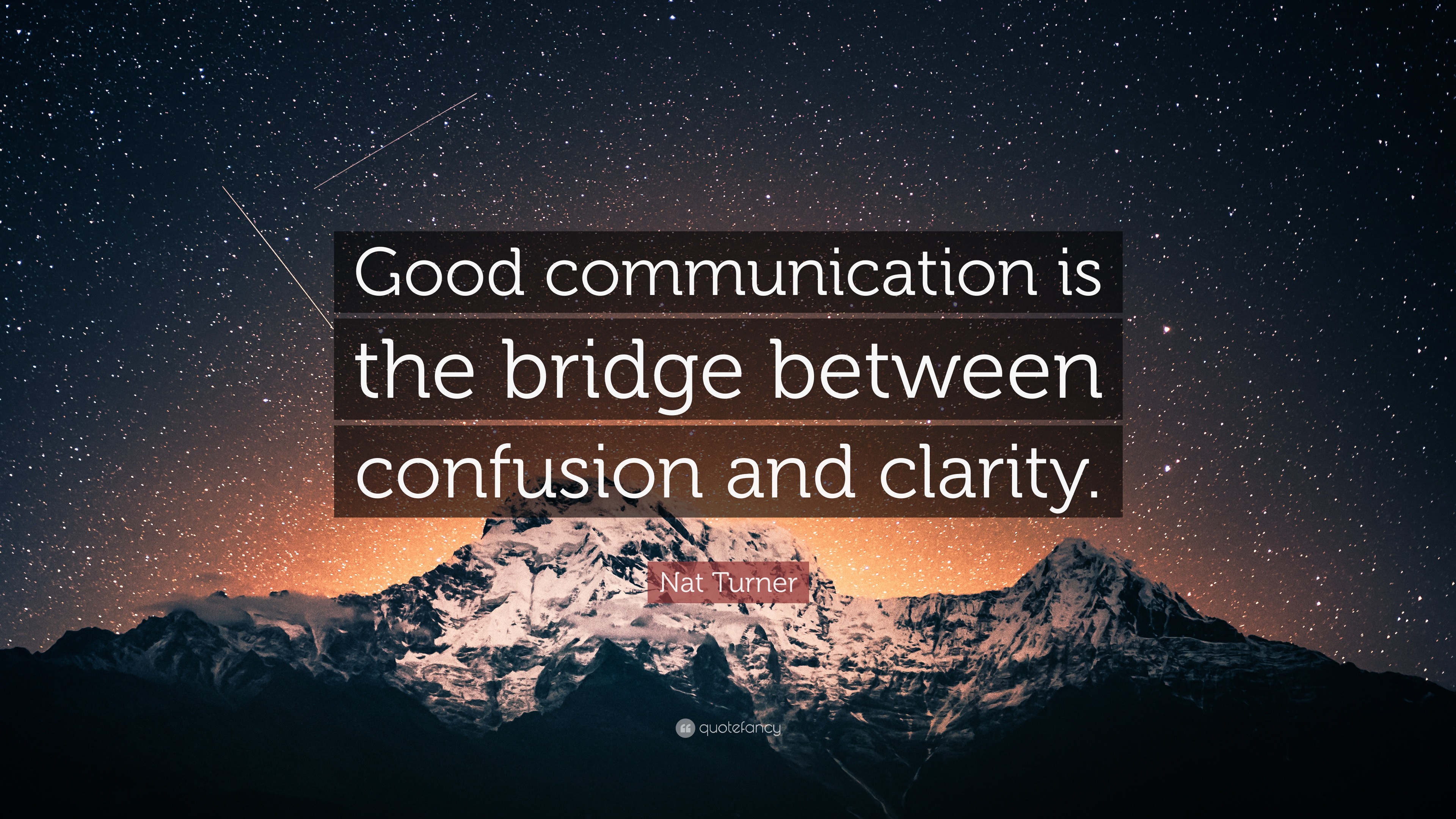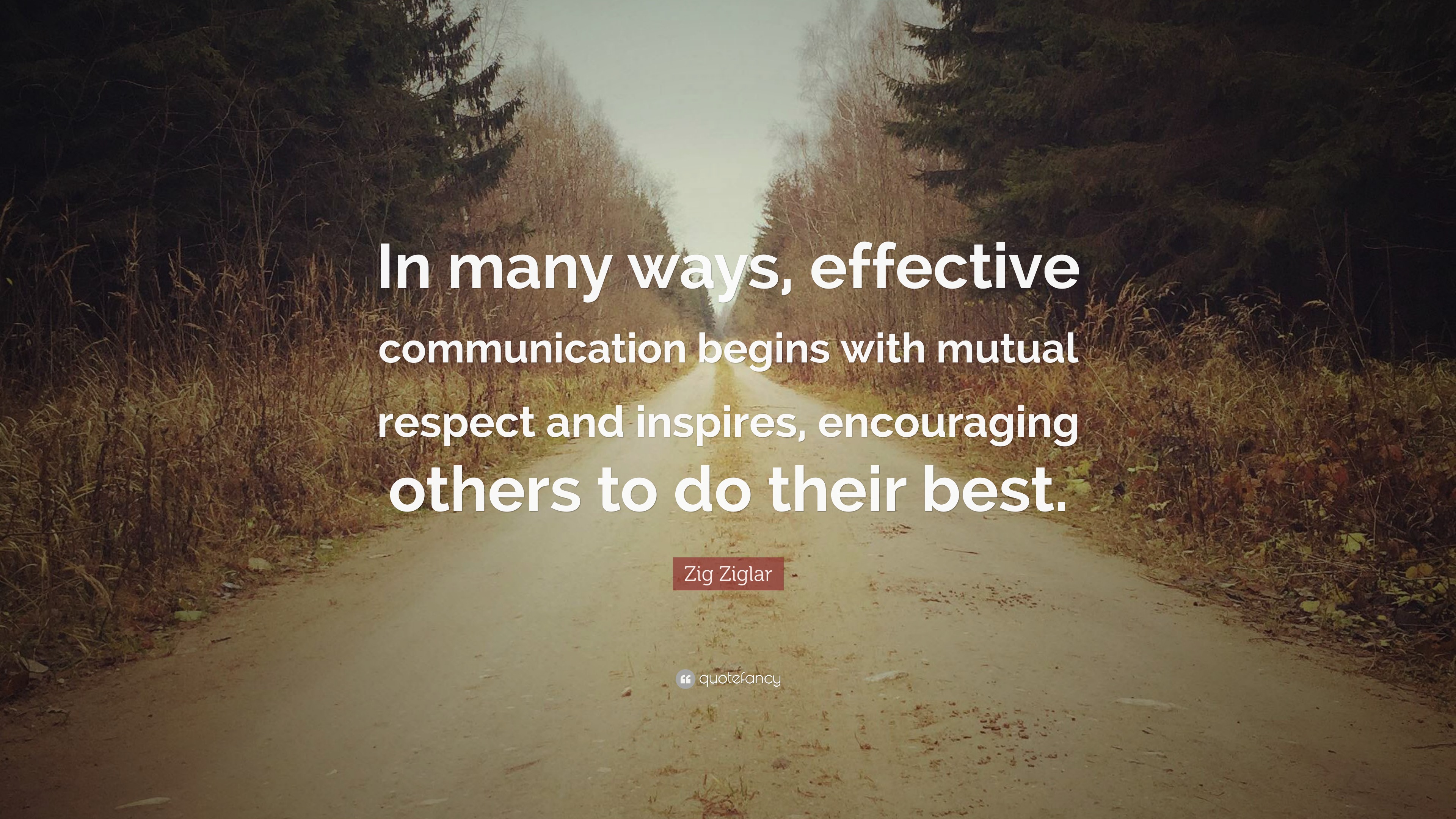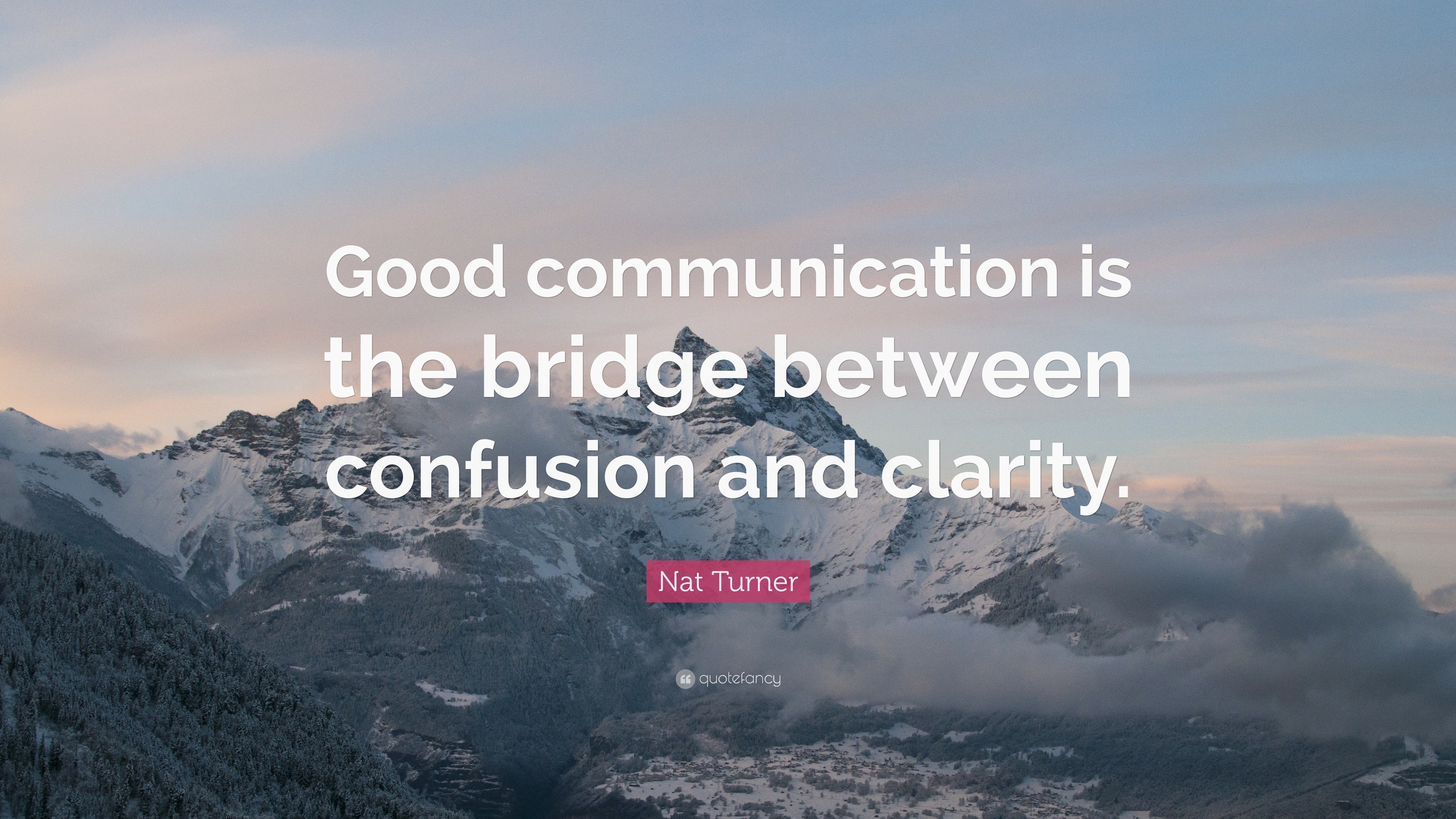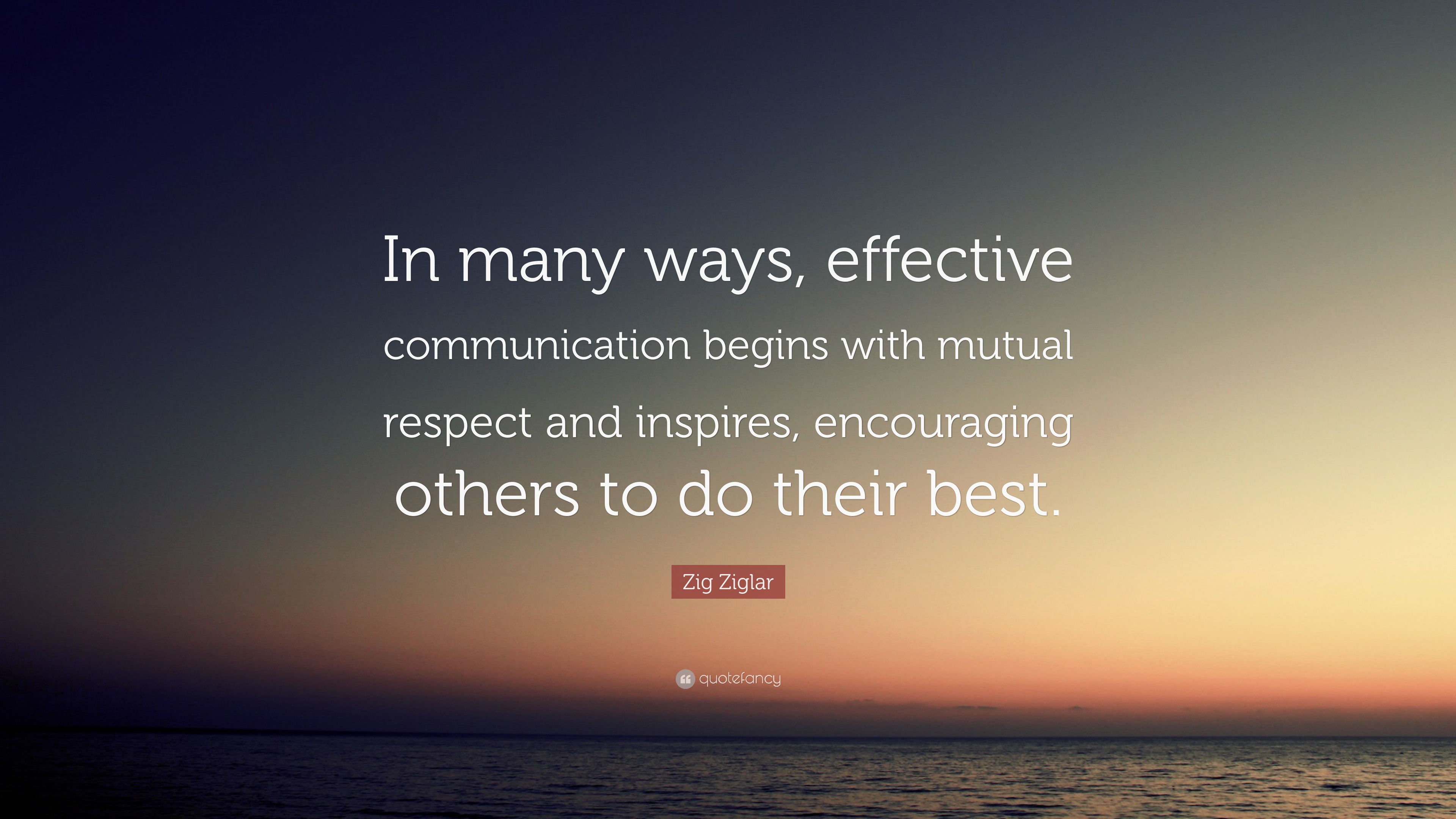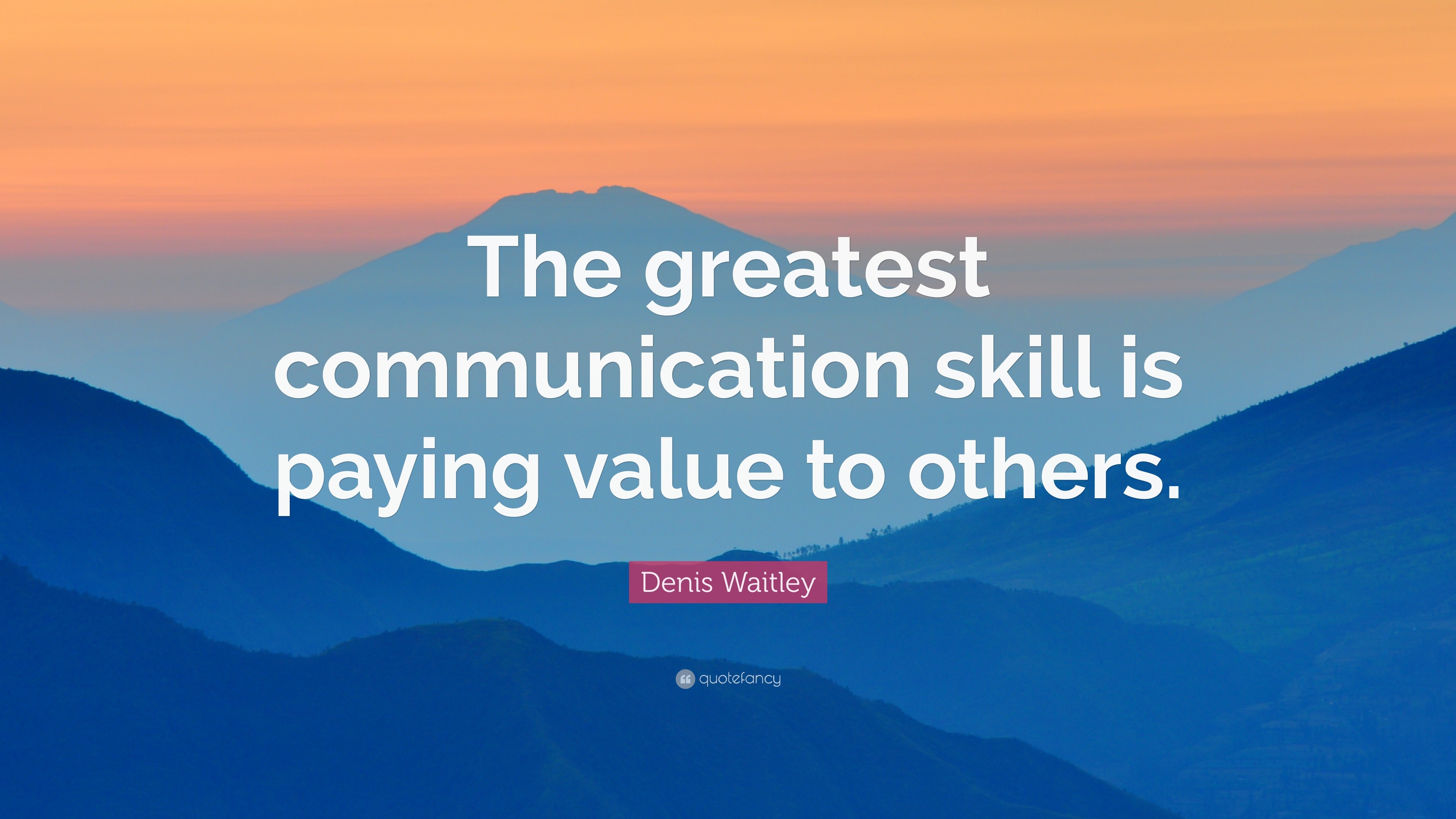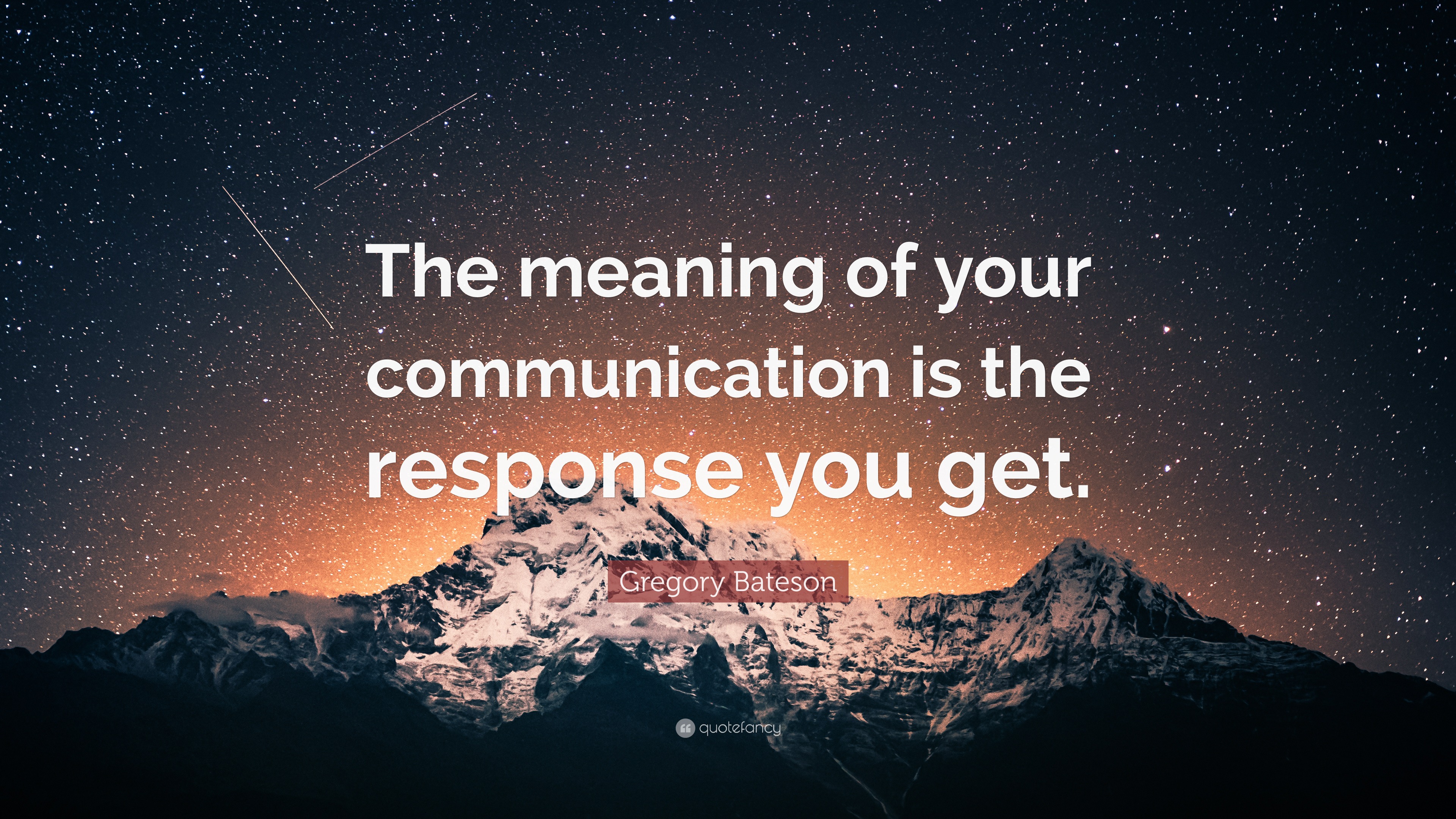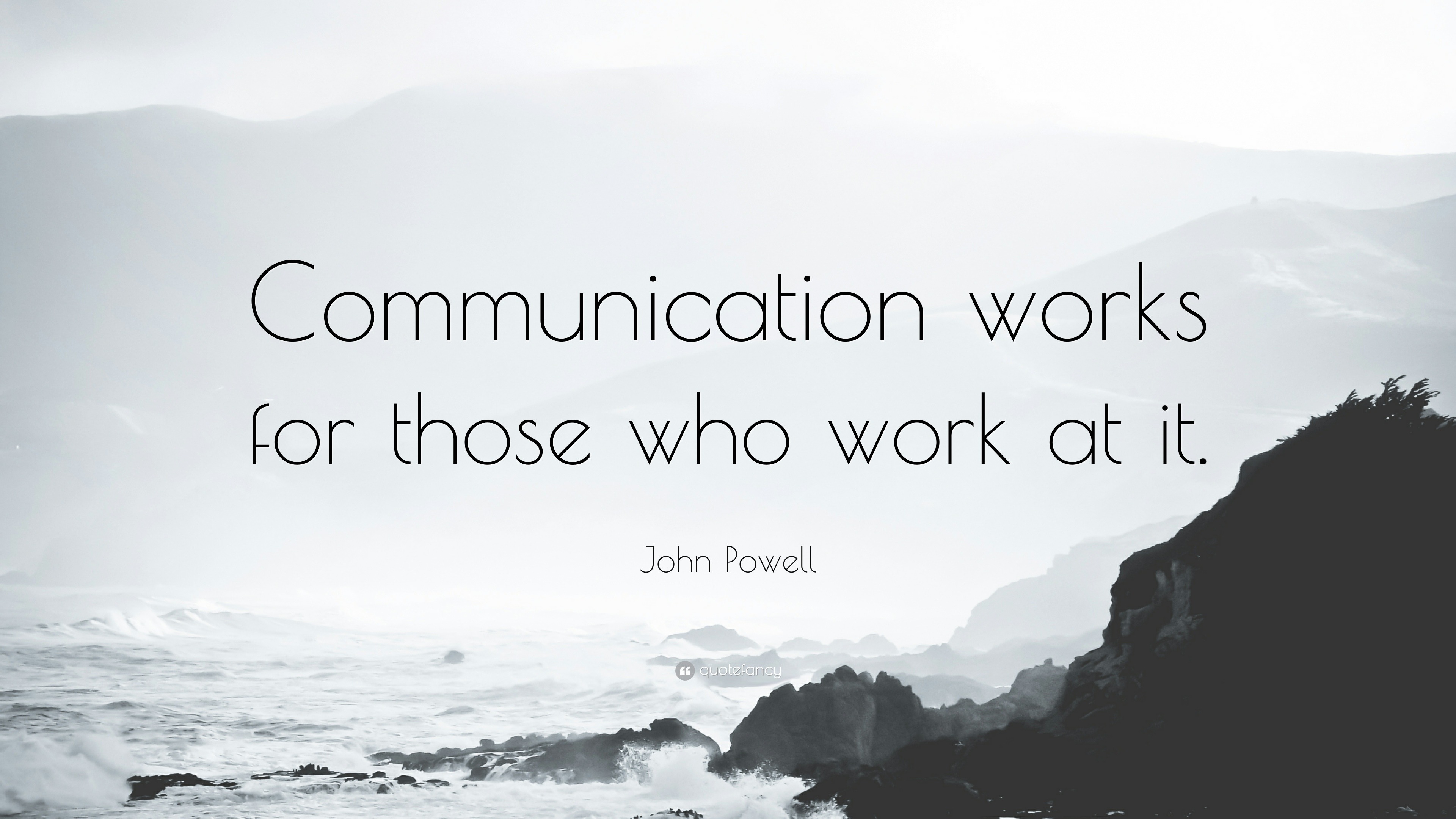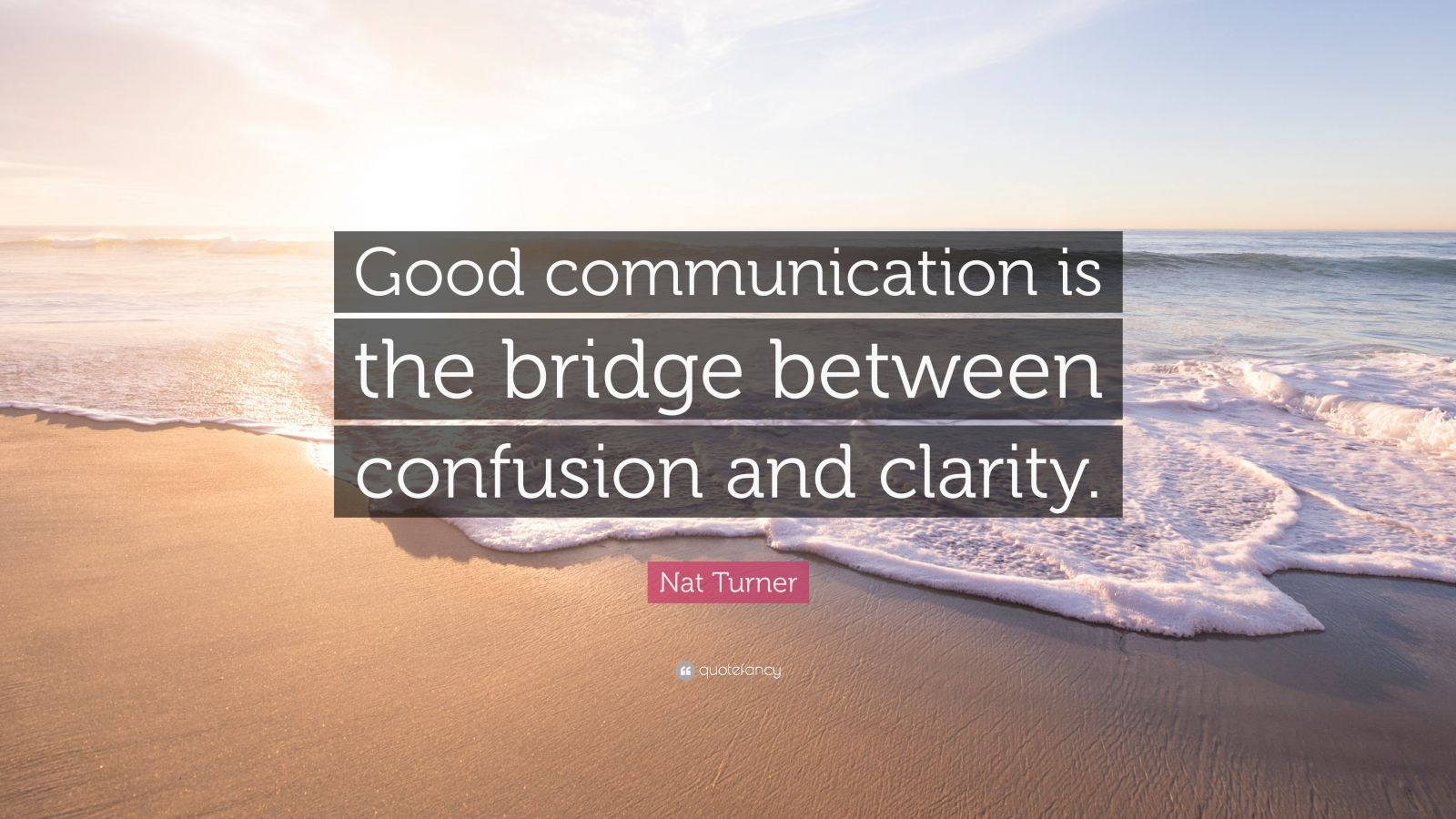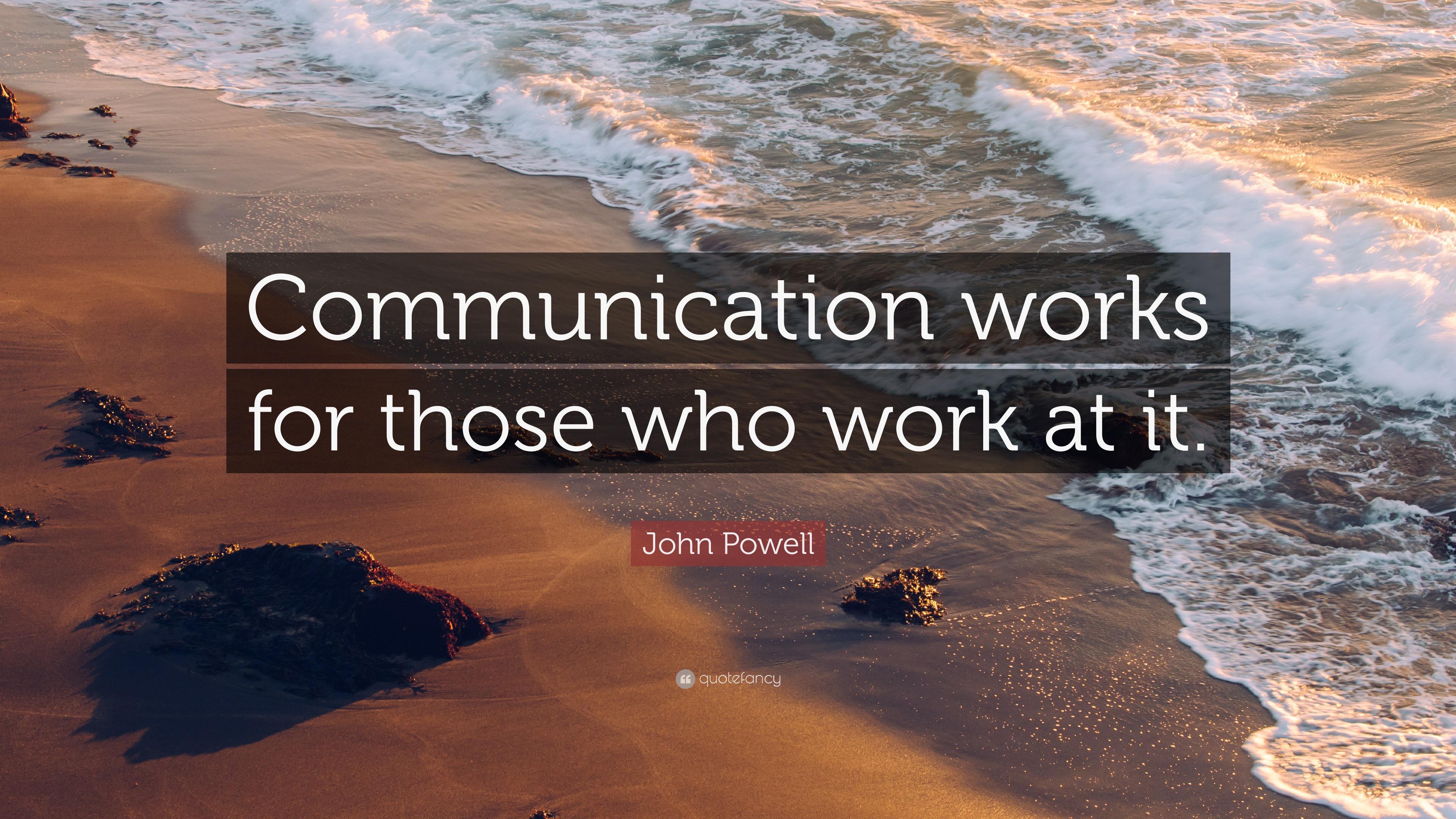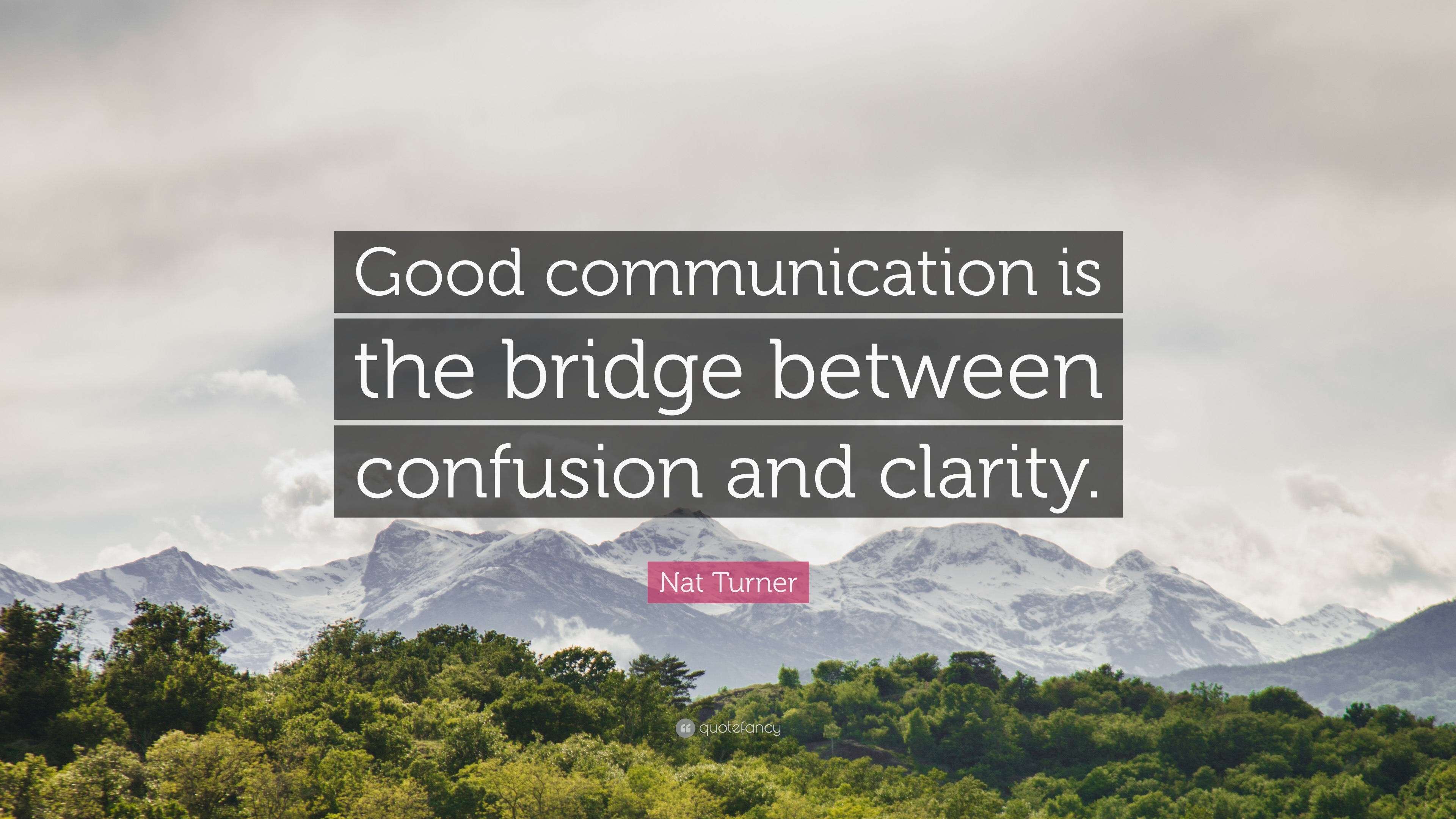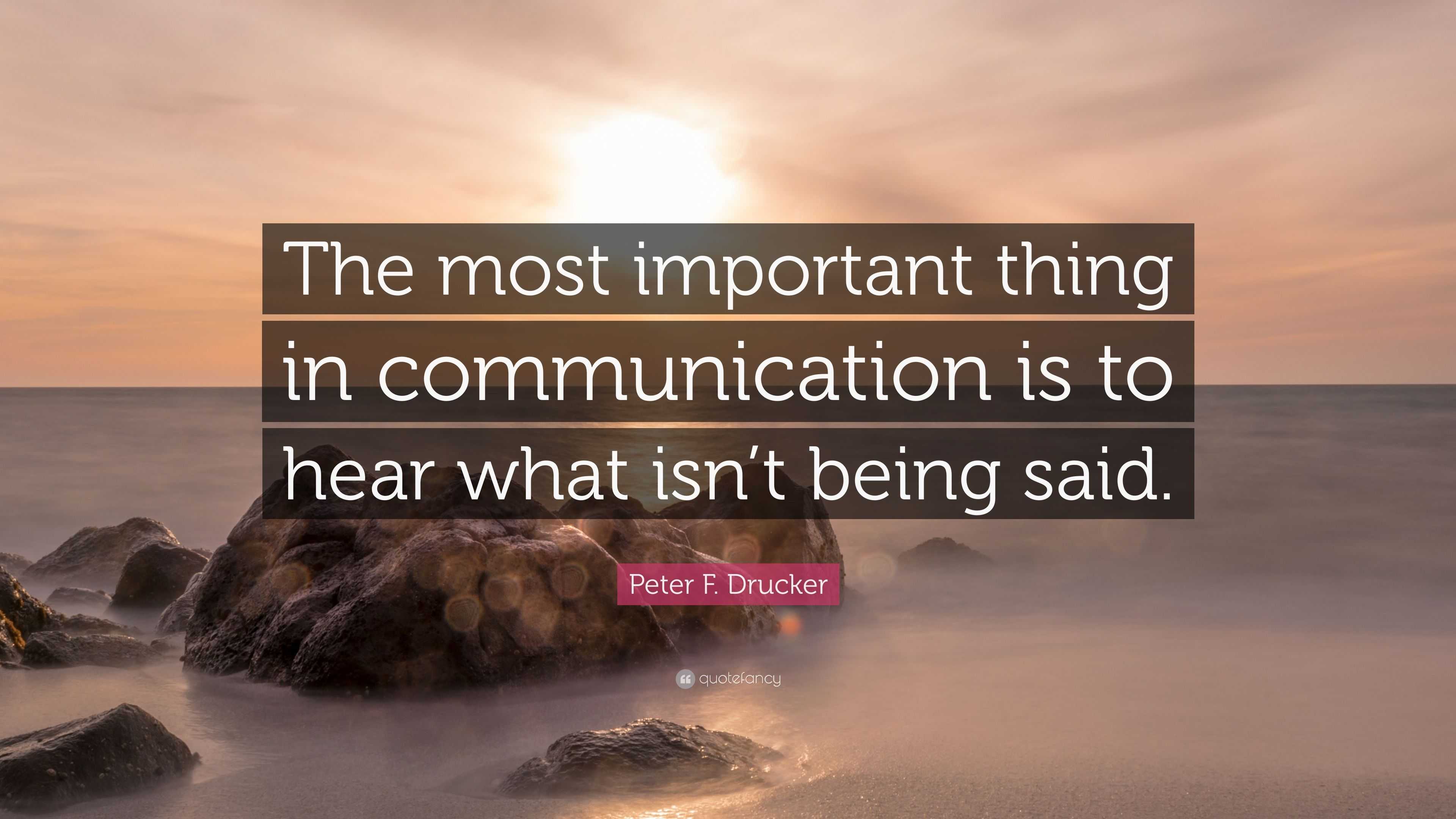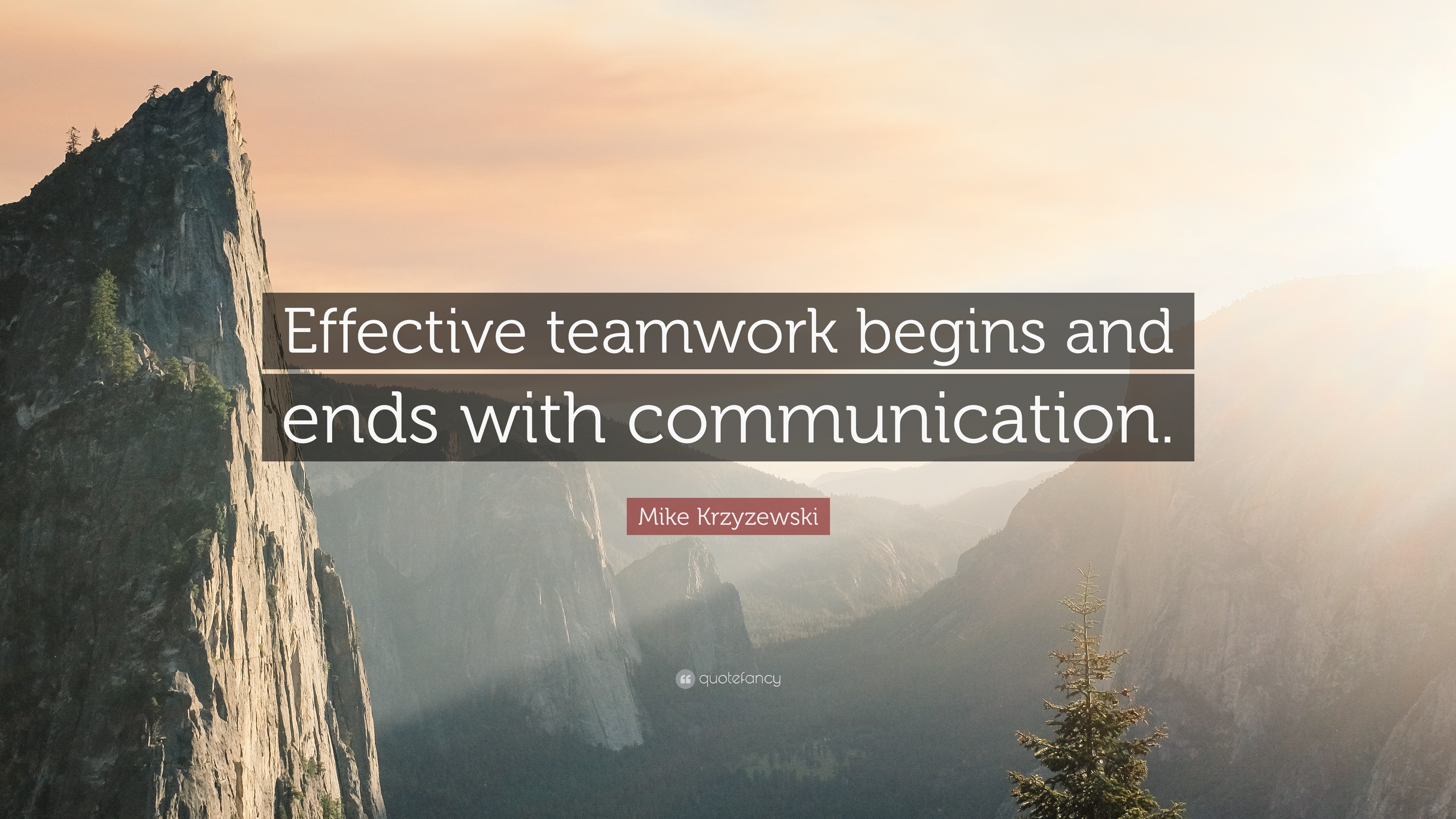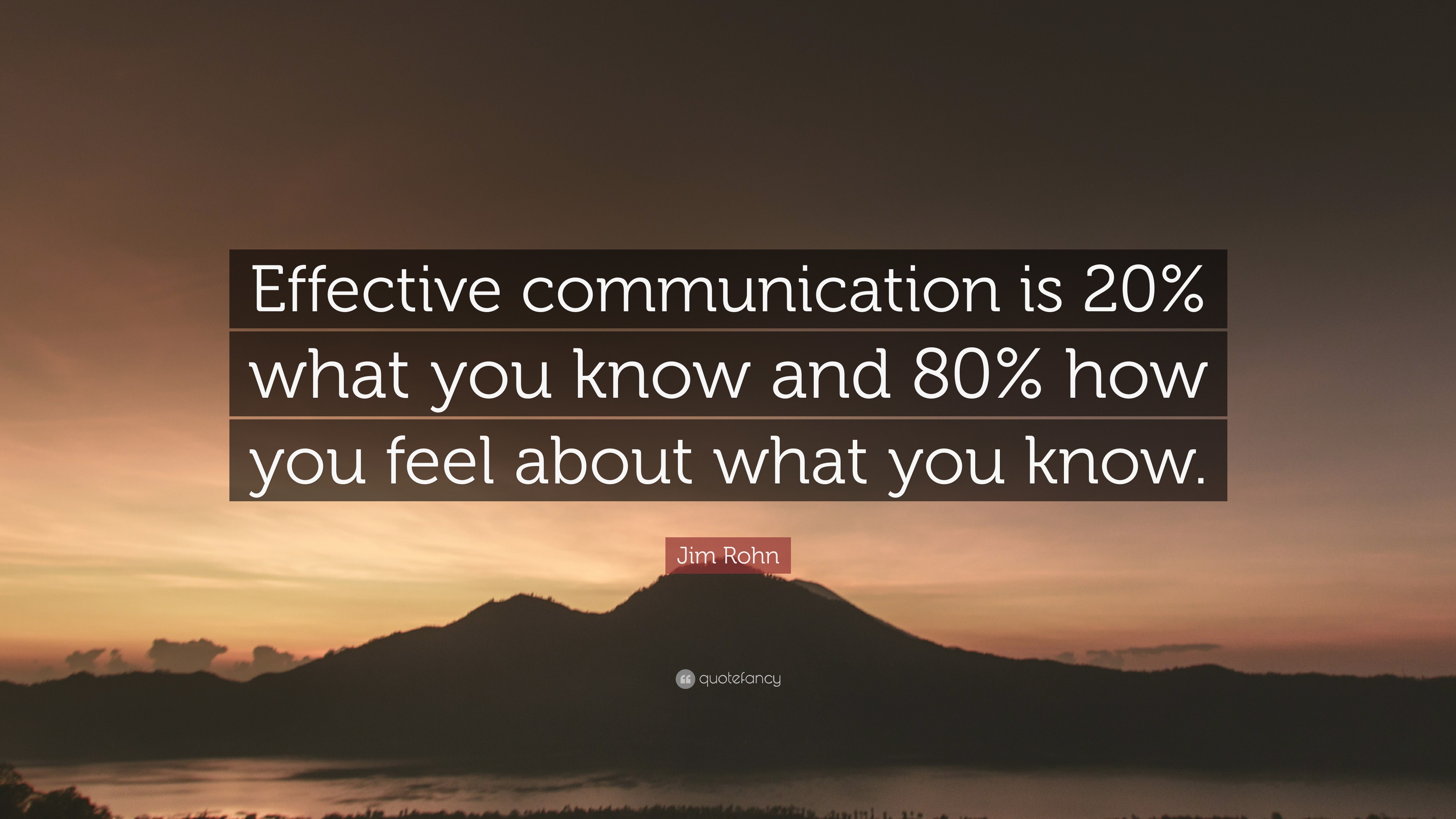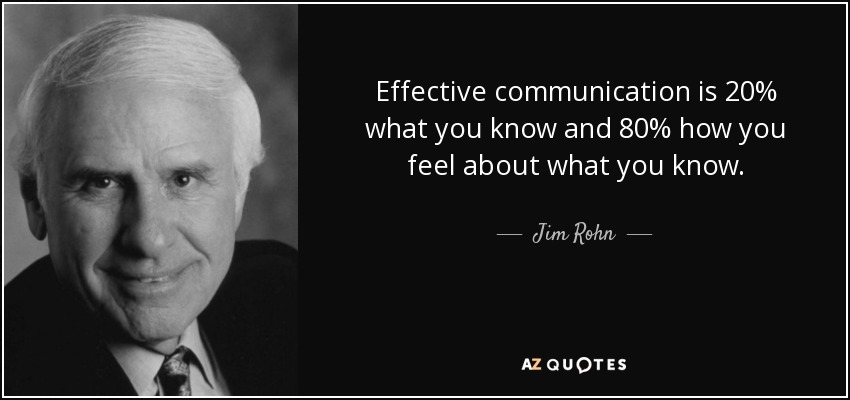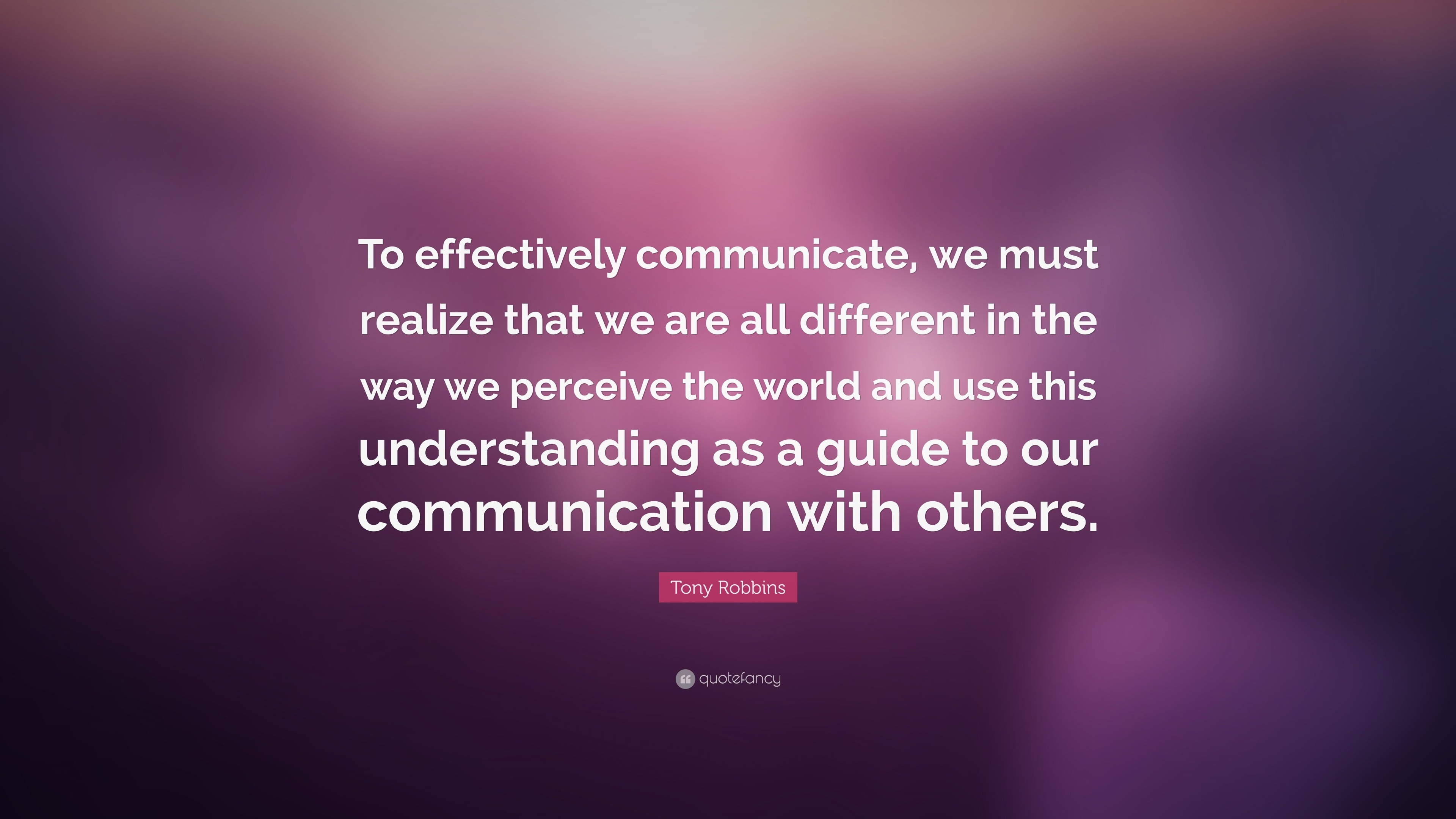Famous Quotes About Good Communication
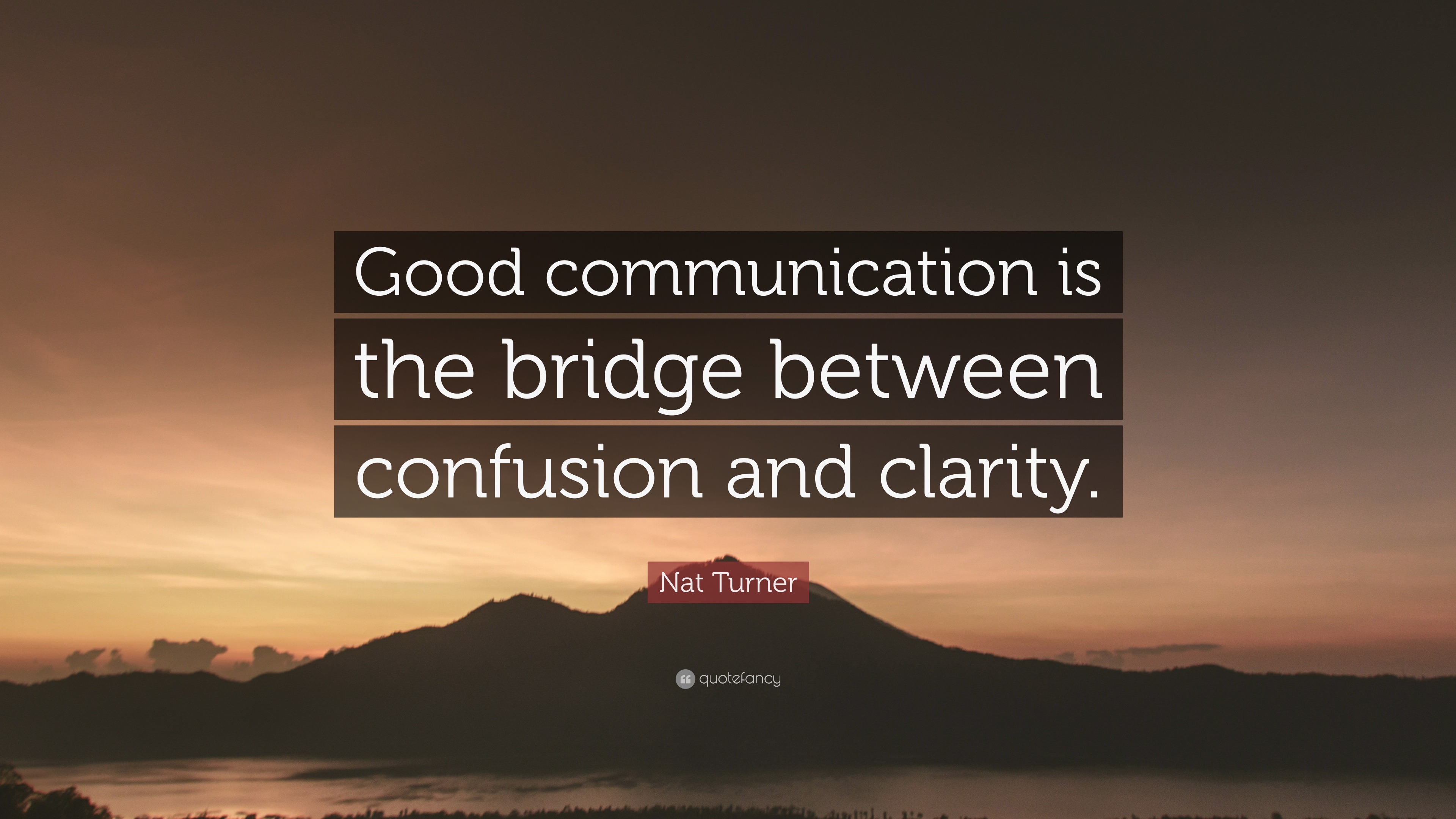
In an era defined by instant connectivity, yet often plagued by misunderstanding, the timeless importance of good communication resonates more profoundly than ever. From boardrooms to living rooms, the ability to articulate thoughts clearly, listen attentively, and foster genuine connection remains a cornerstone of success and harmonious coexistence.
This article explores the enduring wisdom encapsulated in famous quotes about good communication, dissecting their meaning and relevance in today’s fast-paced world. We delve into how these insights from influential figures across history offer practical guidance for improving personal and professional relationships, navigating complex challenges, and building a more understanding and collaborative society. The article will emphasize quotes from credible sources, providing context and illustrating their practical application.
The Foundation: Clarity and Conciseness
"The most important thing in communication is hearing what isn't said," famously stated Peter Drucker, a management consultant, author, and educator. This quote highlights the critical role of active listening and paying attention to non-verbal cues.
Similarly, "The single biggest problem in communication is the illusion that it has taken place," a quote often attributed to George Bernard Shaw, emphasizes the need for confirmation and clarification. Effective communication isn't just about transmitting information; it's about ensuring it's received and understood as intended.
These emphasize that simply speaking or writing isn't enough; truly effective communication requires actively ensuring your message has been successfully received by your intended audience.
Listening: The Unsung Hero of Communication
"Most people do not listen with the intent to understand; they listen with the intent to reply," Stephen Covey, author of The 7 Habits of Highly Effective People, poignantly observed. This underscores the importance of shifting the focus from formulating a response to genuinely absorbing and understanding the speaker's message.
"When people talk, listen completely," wrote Ernest Hemingway, an acclaimed novelist. These quotes collectively emphasize the need for genuine empathy and the willingness to fully engage with the speaker's perspective.
By actively listening, we gain insights that inform our own responses and build stronger, more trusting relationships.
Building Bridges: Empathy and Understanding
"To effectively communicate, we must realize that we are all different in the way we perceive the world and use this understanding as a guide to our communication with others," a quote often credited to Anthony Robbins, highlights the crucial role of empathy. Recognizing and respecting these differences is essential for bridging divides and fostering meaningful connections.
Carl Rogers, a influential psychologist, underscored this in his emphasis on unconditional positive regard and the importance of understanding another person's frame of reference. This empathetic approach fosters open dialogue and mutual understanding.
When we prioritize empathy, we create a safe space for open communication, allowing for more productive and constructive conversations.
Communication in Leadership: Inspiration and Action
"Leadership is communicating to people their worth and potential so clearly that they come to see it themselves," said Stephen Covey. Effective leaders use communication to inspire and empower their teams, fostering a sense of shared purpose and motivation.
Another quote, attributed to John Maxwell, a leadership expert, states, "People don't care how much you know until they know how much you care". It highlights the importance of authenticity and genuine concern for the well-being of those they lead.
By communicating with empathy and clarity, leaders can build trust, foster collaboration, and drive positive outcomes.
The Future of Communication: Adaptability and Inclusivity
The rapid evolution of technology and the increasing globalization of our world demand continuous adaptation in our communication styles. As technology evolves, so too must our approach to conveying meaning and building connection across cultures and generations.
The emphasis on inclusivity in communication is paramount. Ensuring that all voices are heard and respected, regardless of background or perspective, is crucial for building a more equitable and just society.
In conclusion, the wisdom encapsulated in these famous quotes serves as a timeless guide for navigating the complexities of human interaction. By embracing clarity, listening actively, prioritizing empathy, and adapting to the evolving communication landscape, we can build stronger relationships, foster greater understanding, and create a more connected and collaborative world.
